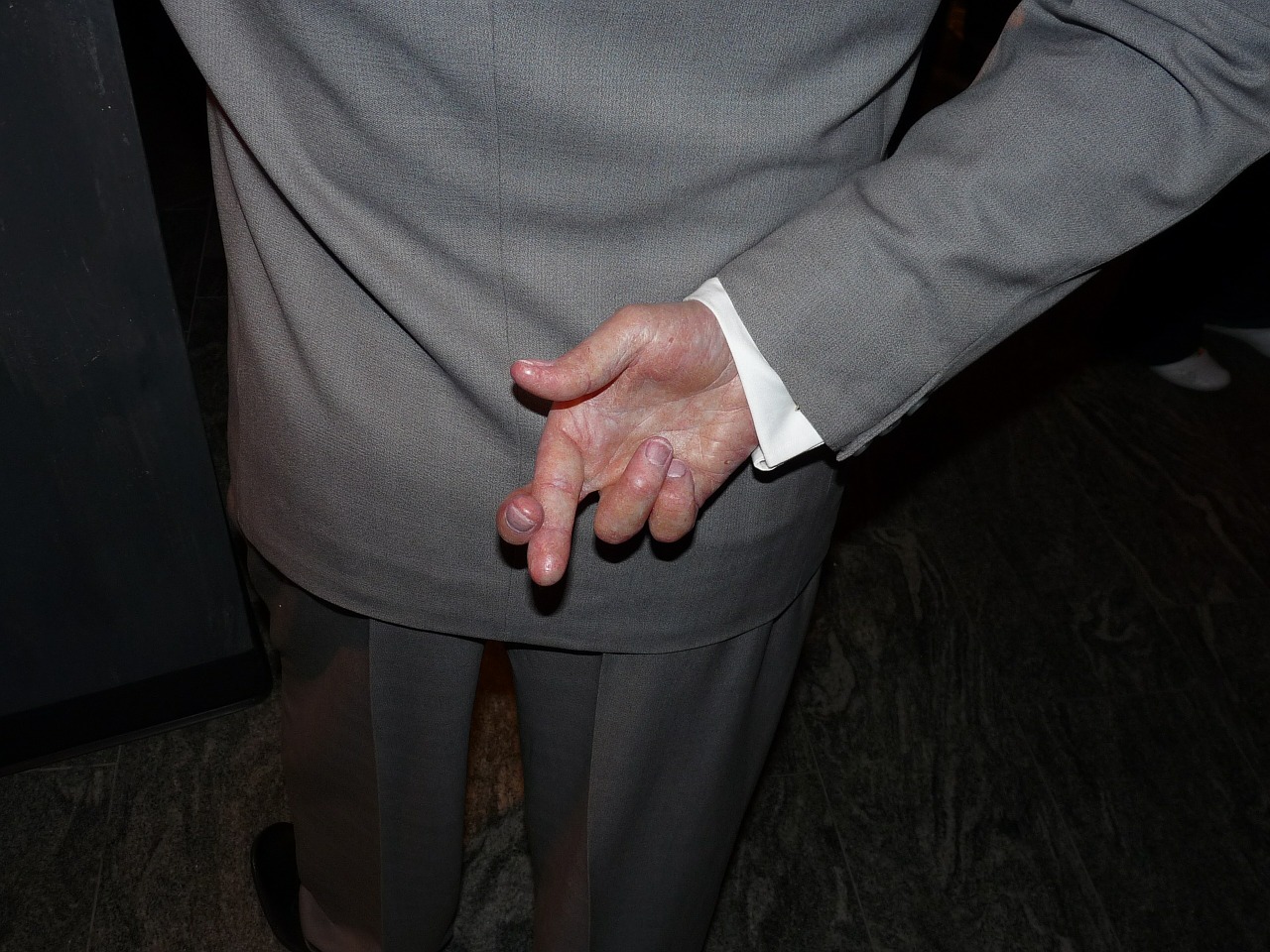
A new study has suggested that people lie in order to to maintain a good, honest reputation even if it will negatively affect them.
The study, published in the Journal of Experimental Psychology: General, found that people will lie in order to appear honest and maintain a good reputation. It was conducted by researchers from the Hebrew University of Jerusalem, the University of Chicago and the University of California, Los Angeles.
The study involved a scenario where people driving frequently for work can be compensated for up to 400 miles per month and know that the people they work with typically drive 280 to 320 miles each month.
The researchers asked the question, "How much of that do you think you'd claim in your expense report if you drove exactly 400 miles?"
Results of the study revealed that 12% of respondents under-reported the distance they drove, giving an average answer of 384 miles. The researchers also asked 100 separate adults in the US what they would report if they'd driven 300 miles, and most of them told the truth.
The people in the first group lied about the number of miles they drove despite the fact that they would lose money they were owed. The researchers believe that they did this o come across as honest, with the assumption that others would be suspicious of a high expense claim.
Shoham Choshen-Hillel, senior lecturer at the School of Business Administration and Center for the Study of Rationality at The Hebrew University of Jerusalem, said: "Many people care greatly about their reputation and how they will be judged by others, and a concern about appearing honest may outweigh our desire to actually be honest."
"Our findings suggest that when people obtain extremely favorable outcomes, they anticipate other people's suspicious reactions and prefer lying and appearing honest over telling the truth and appearing as selfish liars," discussed Choshen-Hillel.
Choshen-Hillel believes they do this because people judge others negatively when they report extreme outcomes. She pointed out: "People are so concerned they seem dishonest that they would behave dishonest to keep their reputation clean."






